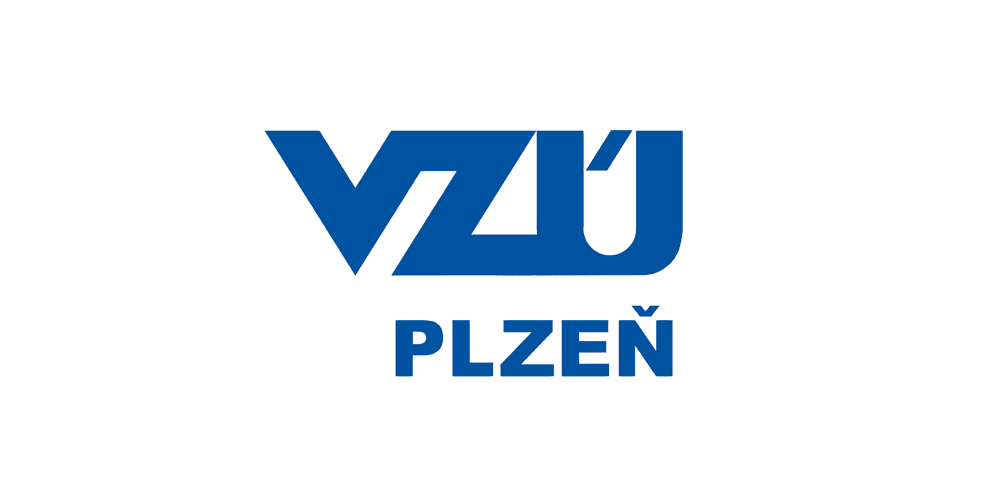
The history of the Research and Testing Institute Pilsen Ltd. dates to 1907, when the ŠKODA Research Institute was founded and had chemical, metallographic and mechanical laboratories. In 1993, ŠKODA VÝZKUM s.r.o., Pilsen, was established as an independent entity within the ŠKODA a.s. Group and began providing its services to external customers. In 2006, the company ÚJV Řež, a. s. became its sole owner. Subsequently, in 2011, it was returned to its original historical name - Research and Testing Institute Pilsen Ltd. The main activity of the Research and Testing Institute Pilsen is to carry out independent research and development. The company is also capable of handling complex projects, including computer simulations, tests in accredited testing facilities and in-service measurements on real objects. The main activity of VZÚ Pilsen is to perform independent research and development. The company is also capable of handling complex projects, including computer simulations, tests in accredited testing facilities and in-service measurements on real objects. The most important activities of the company include the following: - Research and testing aimed at improving the operational reliability and lifetime of power equipment: vibration diagnostics, noise reduction, material testing, lifetime assessment, and operational fault management. - Research and development of thermal and plasma spraying, including their industrial applications. - Comprehensive solution of problems related to operational load, reliability and a lifetime of rail and road vehicles, including aviation - computer simulations, tests in test laboratories, and in-service measurements. - Calculations in the field of strength, dynamics, fatigue damage, deformation resistance, aerodynamics and thermomechanics. - Implementing new diagnostic methods using advanced data science techniques integrating data science and machine learning in addition to advanced life cycle calculations. - Accredited testing and measurement for a wide range of customers. - Visual inspection of hard-to-reach locations using a drone, e.g. in energy facilities, including recordings and evaluation - Defectoscopy tests VT, PT, MT, UT The company focuses mainly on the following fields: - Power Engineering (research and reduction of vibration and noise, balancing of rotating machinery, control of dynamic properties of equipment foundations, residual life assessment, research and calculations of flow, vibration, strength and fatigue life, seismic and shock resistance testing, material testing). - Research and implementation of hot and plasma spraying of functional surfaces of components of energy and engineering equipment. - Transport engineering (research and testing of strength and fatigue life, measurement of stresses under service conditions, measurement and reduction of noise and vibration, strength, dynamic, fatigue and crash calculations, calculations of external aerodynamics and interior flow, material tests). - Metallurgy (research on new materials, material testing, heat treatment and surface treatment of energy and engineering components). - General engineering (strength calculations, material testing, vibrodiagnostics). Every year, VZU organizes a conference with a long tradition, "Lifetime of Power Equipment Components", where the central theme is the evaluation of the lifetime of power equipment (turbines and accessories, boilers, steam generators, generators, pipelines, pumps, valves, etc.) in conventional and nuclear power plants to extend the lifetime by applying modern diagnostic methods and the results of material and design development. In the field of hydrogen technology, VZÚ is currently testing the effect of different types of hydrogen environments on the degradation of materials, especially for local and transit pipeline systems. Analyses focus on metallographic and fractographic analyses and a wide range of mechanical testing. VZU also offers comprehensive computational support in the development and verification of hydrogen applications using state-of-the-art computational techniques (FEA, CFD, MBD, AI). Particularly relevant for hydrogen applications are flow and heat transfer calculations (VZU staff have performed, among others, calculations for the design of safe filling of hydrogen tanks concerning element warming and calculations of the amount of leaked hydrogen during activation of safety elements). Strength and dynamic calculations suitably complement the development of hydrogen applications. Simulations based on artificial intelligence methods (e.g., neural networks and machine learning) are advantageously used to simulate phenomena for which larger amounts of experimental data are available. In the field of hydrogen use for transport technology, VZU has been involved in the development of the TriHyBus hydrogen bus and the development of the Devinn mobile hydrogen filling station, both by involving simulations (strength calculations, temperature calculations, simulation of dynamic driving characteristics) and experimentally (measurement of operational stresses during test runs).
Tylova 1581/46, 301 00 Pilsen, Czech Republic
Tel.: +420 371 430 750
Email.:
www.vzuplzen.cz



